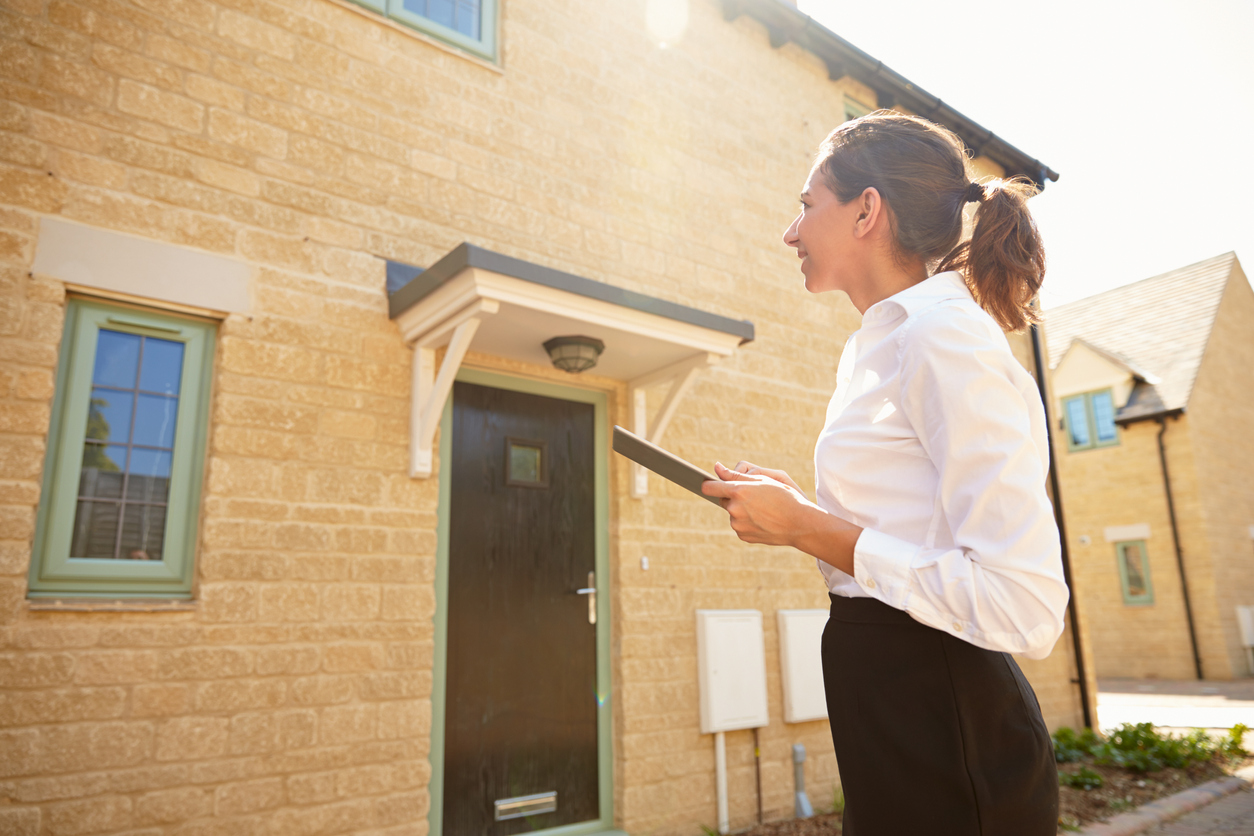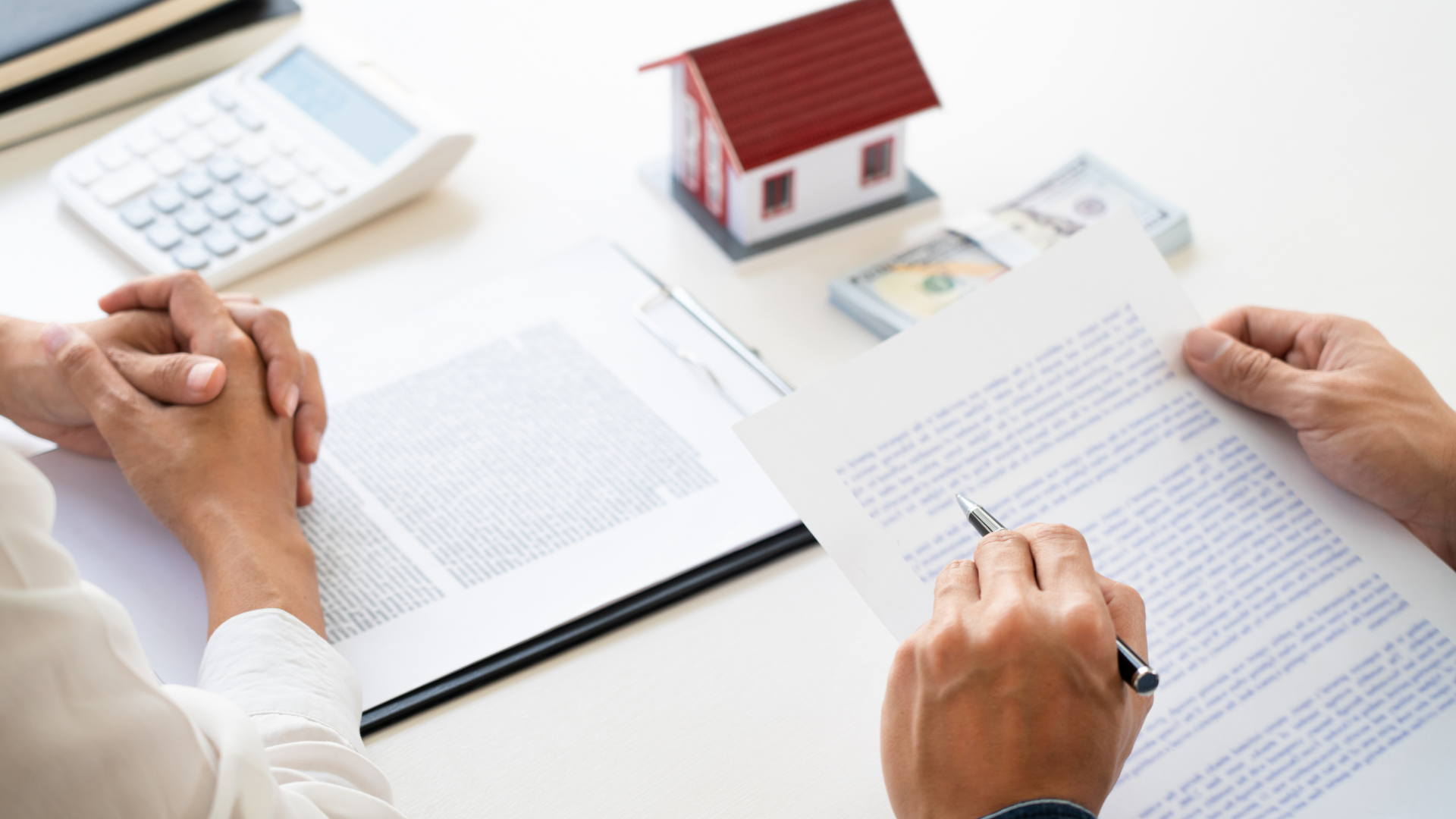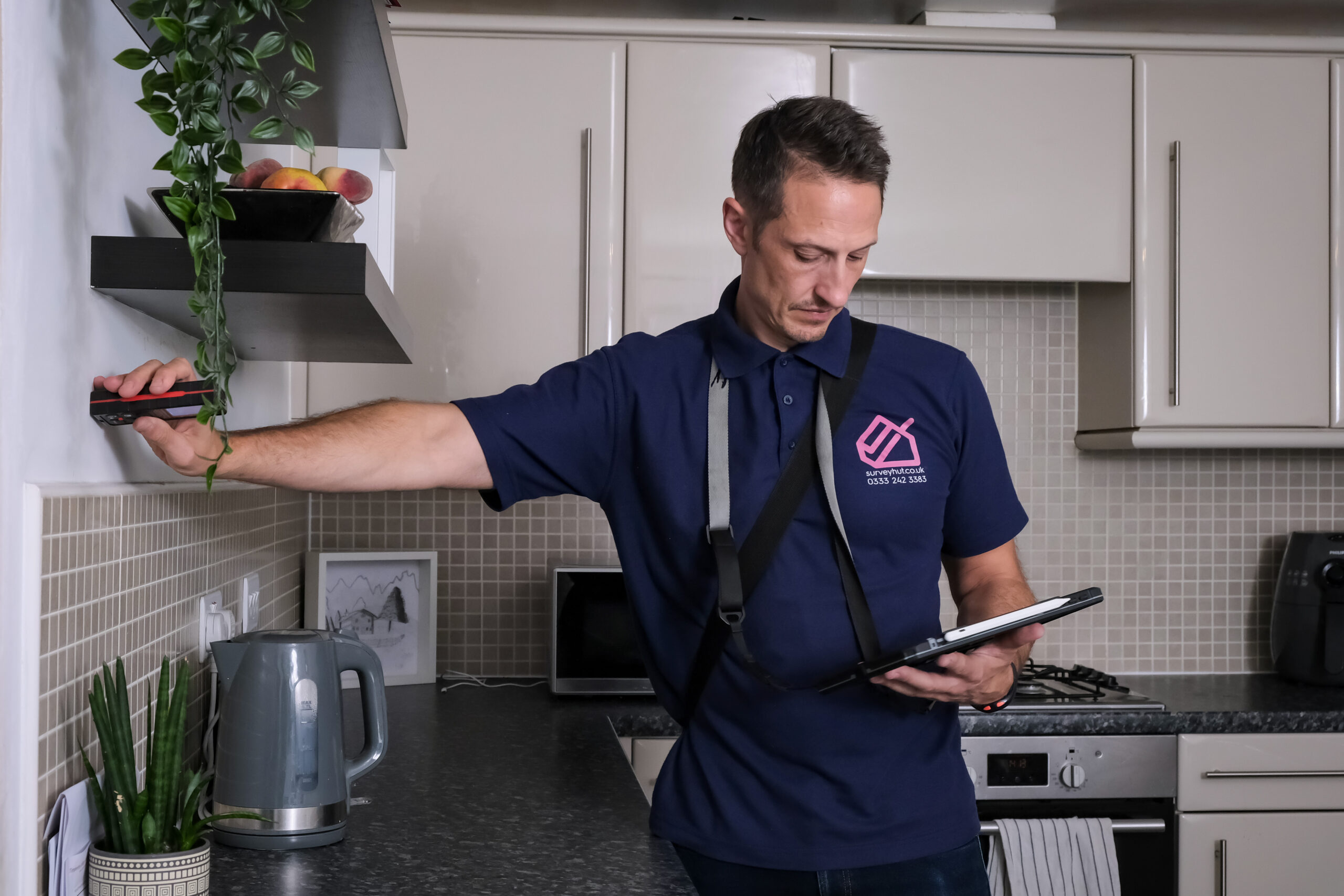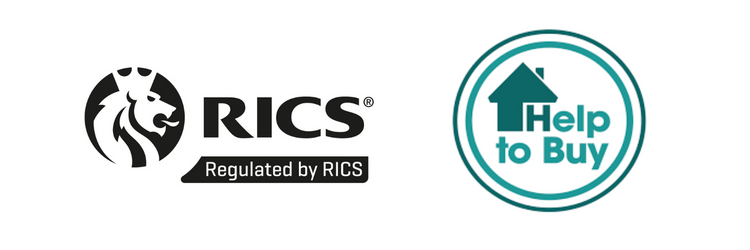Determining the value of your house is an essential step if you’re considering selling your property, refinancing your mortgage, or simply want to understand your financial standing. The value of your home is influenced by a multitude of factors including location, condition, recent sales of similar properties in the area, and current market trends. An accurate estimate of your property’s value can help you make informed decisions about any potential investments or changes you might be considering.
To get started on assessing the value of your house, you might look into recent comparable sales, also known as “comps” within your vicinity. These should be similar in size, condition, and neighbourhood. For a more detailed and professional evaluation, you could hire a chartered surveyor (like us!) for an official house valuation. We have the expertise to provide a comprehensive valuation that takes into account all aspects of your property and the current market conditions.
Online valuation tools provide a quick and often free estimate, but they may not always capture the unique characteristics or improvements of your home. For the most accurate result, consider combining these digital estimates with professional advice. By staying aware of the local property market and getting a professionally assessed house valuation, you’ll have a clear understanding of what your house is worth in today’s market.
Property Valuation Tips
When looking to find out the value of your house, it’s essential to explore local market trends, national registry information, and house price data to get an accurate figure.
Local Market Insights
To begin with, your local estate agent can provide valuable insights based on recent sold house prices in your vicinity. They possess extensive data on local transactions and are adept at interpreting how those figures translate to the current value of your property. Consulting with them can offer a bespoke assessment that reflects unique aspects of your home.
House Price Index and Data Trends
Utilising the House Price Index is a strategic way to understand broader economic trends affecting house prices nationwide. Reviewing these indices and data reports can reveal patterns and shifts in the housing market, which should be considered alongside local information and valuation tools to gauge an approximated value of your house before obtaining a personalised valuation.
Methods for Valuing Your House
When you’re ready to find out what your house is worth, engaging a professional or using specialised services can provide you with the most accurate assessment of your home’s value. Paying attention to market conditions and ensuring the valuation is carried out by qualified individuals will give you a true reflection of your property’s worth.
RICS Registered Valuers
Using RICS Registered Valuers is a sure-fire method to obtain a precise valuation of your home. These valuers are recognised and regulated by the Royal Institution of Chartered Surveyors and have the expertise to measure your property’s specific features and conditions. They consider every aspect of your home, from its size and layout to potential defects that might affect its value. By also analysing current market trends and prices of similar properties, they provide a valuation grounded in reality that can guide your financial decisions regarding your home.
Home Surveys and Included Valuations
In addition to a standalone valuation, obtaining a Home Survey that includes a valuation is another method for estimating your house’s value. This comprehensive examination not only appraises the value of your property but also inspects for any structural issues or repairs that may be needed. As part of the survey, a valuer can review various economic indicators and draw parallels with other properties on the market to ensure the given value aligns with current conditions. Engaging with a qualified surveyor at Survey Hut means you also gain insight into any aspects of the house that could influence future valuations.
Factors Affecting Your House Value
Several factors play a role in determining the value of your house. From the size and the state of your property to the upgrades you’ve made, each detail contributes to its market value.
Property Size and Condition
The size of your property, typically measured in square metres, directly impacts its value. More space often equates to a higher price. The condition of your house is equally crucial. A residence that’s well-maintained and structurally sound is likely to fetch a better price. Remember, the number of bedrooms also plays a part; homes with more bedrooms often appeal to a larger market.
- Property Size: Total square metres, number of bedrooms
- Condition: State of repair, age of property
Recent Upgrades and Improvements
If you have invested in recent upgrades or improvements, these can significantly increase your property’s valuation. From a new kitchen or bathroom to an extension or loft conversion, high-quality renovations can make your property more attractive to buyers. Ensure any improvements are carried out to a high standard, as this will reflect in an accurate valuation.
- Upgrades: Kitchen/bathroom refurbishment, new roof
- Improvements: Extensions, loft conversions
Location and Surrounding Area
Your postcode and the surrounding area are decisive factors in property valuation. Proximity to local amenities, schools, and public transport can enhance the appeal of your house. Similarly, a desirable neighbourhood or a location with scenic views can add to the value. Speak with local experts to get a more precise valuation, as they understand the nuances of your specific area.
- Location: Proximity to amenities, desirability of the postcode
- Surrounding Area: Schools, parks, transportation links
Utilising the Valuation for Your Next Steps
Once you have the valuation of your home, it’s time to use this information effectively for selling your home, negotiating, or planning your next move.
Setting the Right Price
When preparing to sell your property, the valuation gives you a strong starting point for setting the asking price. Consult with expert estate agents who understand the local market to fine-tune this price. They can consider your property details and land registry records to ensure it aligns with the current property climate.
- Estimated Value: £X (from valuation)
- Expert Agents’ Suggested Price Range: £X – £Y
- Local Comparisons: Prices of similar properties in your area
Negotiating with Potential Buyers
Your home’s estimated value is a benchmark for negotiations. If buyers know you’ve done your homework, they’ll take your asking price more seriously. Still, be prepared for offers below the asking price.
Key Points to Remember When Negotiating:
- Know Your Limits: Stick to a bottom-line price based on the valuation.
- Flexibility: Consider other terms potential buyers might offer, like a quicker sale or waived contingencies.
Planning for Future Movements
Knowing your home’s value helps you plan financially for moving. You’ll understand how much you could potentially invest in your next property and if you need to adjust your property search criteria. Check the HM Land Registry for the latest on property trends and use your home value as a guide to navigate the market.
Planning Checklist:
- Budget for the Move: Align with estimated property value.
- New Property Address: Identify areas and properties within your budget.
- Change in Value: Keep an eye on market trends for possible shifts in property value.
Get in touch with Survey Hut today for a comprehensive Home Survey. We are held to the highest professional standards by the RICS, so you know that you’ll get a high-quality report. Make sure your perfect home, is perfect.
Sharing is caring!




